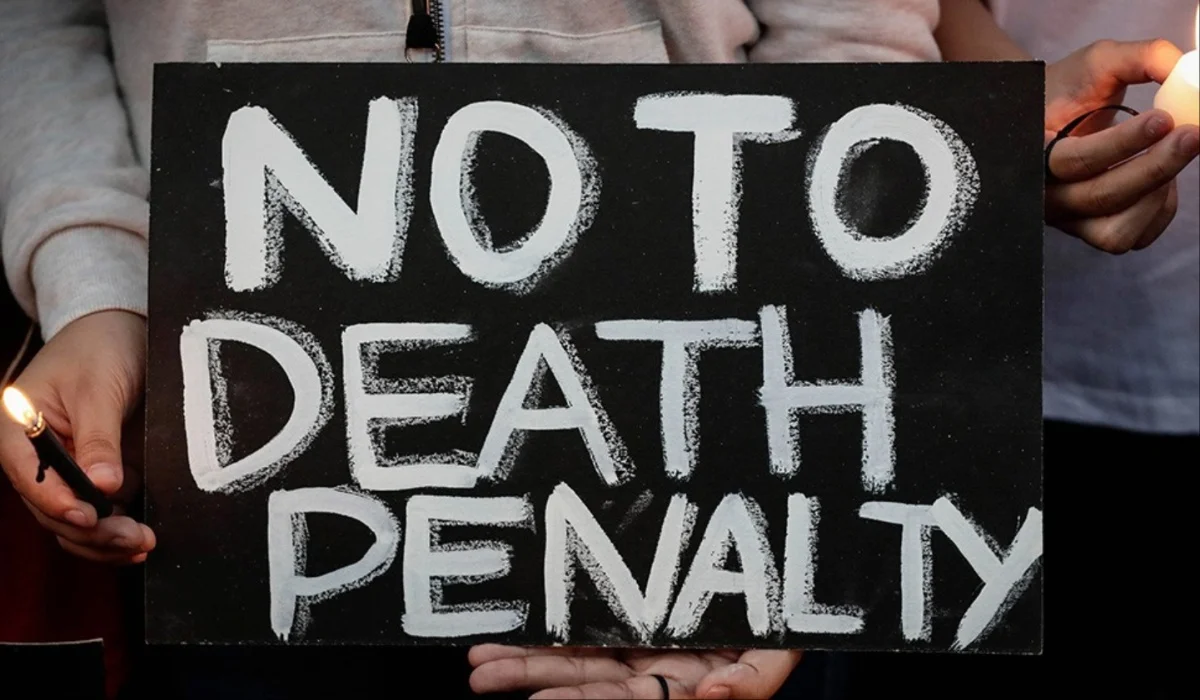
Harare, Zimbabwe— Zimbabwe’s Senate has approved a landmark bill to abolish the death penalty, a significant step toward aligning the nation’s laws with global human rights standards. The bill, which reflects President Emmerson Mnangagwa’s long-standing opposition to capital punishment, now awaits his signature to become law.
The decision marks a pivotal moment in Zimbabwe’s legal history, as the country joins a growing number of African nations moving away from the death penalty.
Details of the Bill
1. Scope of the Abolition
- Complete Removal: The legislation eliminates the death penalty for all crimes, replacing it with life imprisonment as the maximum punishment.
- Retroactive Application: Inmates currently on death row will have their sentences commuted to life imprisonment.
2. Global Alignment
The move aligns Zimbabwe with international human rights conventions, such as the United Nations’ advocacy for the universal abolition of capital punishment.
The Legacy of Capital Punishment in Zimbabwe
1. Historical Context
Zimbabwe has retained the death penalty since its independence in 1980, with over 80 individuals currently on death row. However, no executions have been carried out since 2005, reflecting a de facto moratorium.
2. Mnangagwa’s Opposition
President Mnangagwa, who survived a death sentence during Zimbabwe’s liberation struggle, has been a vocal critic of capital punishment.
- Quote: “As someone who faced the death penalty myself, I believe no state has the right to take a life. Justice must serve humanity, not vengeance.”
Reactions to the Decision
Supporters Applaud the Bill
- Human Rights Advocates: Praised the abolition as a victory for human dignity and a step toward ending inhumane practices.
- Amnesty International: “This decision is a triumph for human rights and a significant step forward for Zimbabwe.”
- Religious Leaders: Many have supported the move, citing moral and ethical opposition to the death penalty.
Critics Express Concern
- Tough-on-Crime Advocates: Fear the abolition may embolden violent criminals and undermine justice for victims.
- Opposition MP John Mashiri: “This decision risks sending the wrong message to criminals about the consequences of their actions.”
- Public Sentiment: Some citizens believe the death penalty should remain for the most heinous crimes, such as murder and terrorism.
Public Opinion: What’s True and Untrue?
- True:
- Zimbabwe has not carried out executions in nearly two decades, indicating a long-standing unofficial moratorium.
- The abolition aligns with Mnangagwa’s personal experiences and global human rights trends.
- Untrue:
- Claims that the decision was driven solely by international pressure overlook the domestic advocacy for abolition.
- Assertions that the abolition will lead to a crime wave ignore studies showing no correlation between capital punishment and crime deterrence.
Global and Regional Implications
1. A Growing Trend in Africa
Zimbabwe’s decision follows similar moves by other African nations, including Sierra Leone and Chad, signaling a continental shift away from capital punishment.
2. Strengthened International Standing
The abolition could improve Zimbabwe’s global reputation, particularly among human rights organizations and international donors.
3. Setting a Precedent
Zimbabwe’s decision may inspire neighboring countries to reconsider their stance on the death penalty, fostering regional human rights progress.
What’s Next?
1. Presidential Signature
The bill now awaits President Mnangagwa’s signature, which is expected given his vocal support for abolition.
2. Implementation Challenges
Authorities will need to address the logistical and legal implications of commuting death sentences and updating the judicial system.
3. Continued Advocacy
Human rights groups are likely to use this milestone to push for further reforms in Zimbabwe’s justice system.
Conclusion: A Milestone for Justice and Human Rights
Zimbabwe’s Senate decision to abolish the death penalty represents a historic shift toward justice reform and human rights advocacy. While challenges remain, the move underscores the country’s commitment to aligning its laws with evolving global standards.
As Veritas World News notes, “The abolition of the death penalty is not just a legal decision but a profound statement on the value of human life.”
#Zimbabwe #DeathPenaltyAbolition #HumanRights #JusticeReform #VeritasWorldNews

